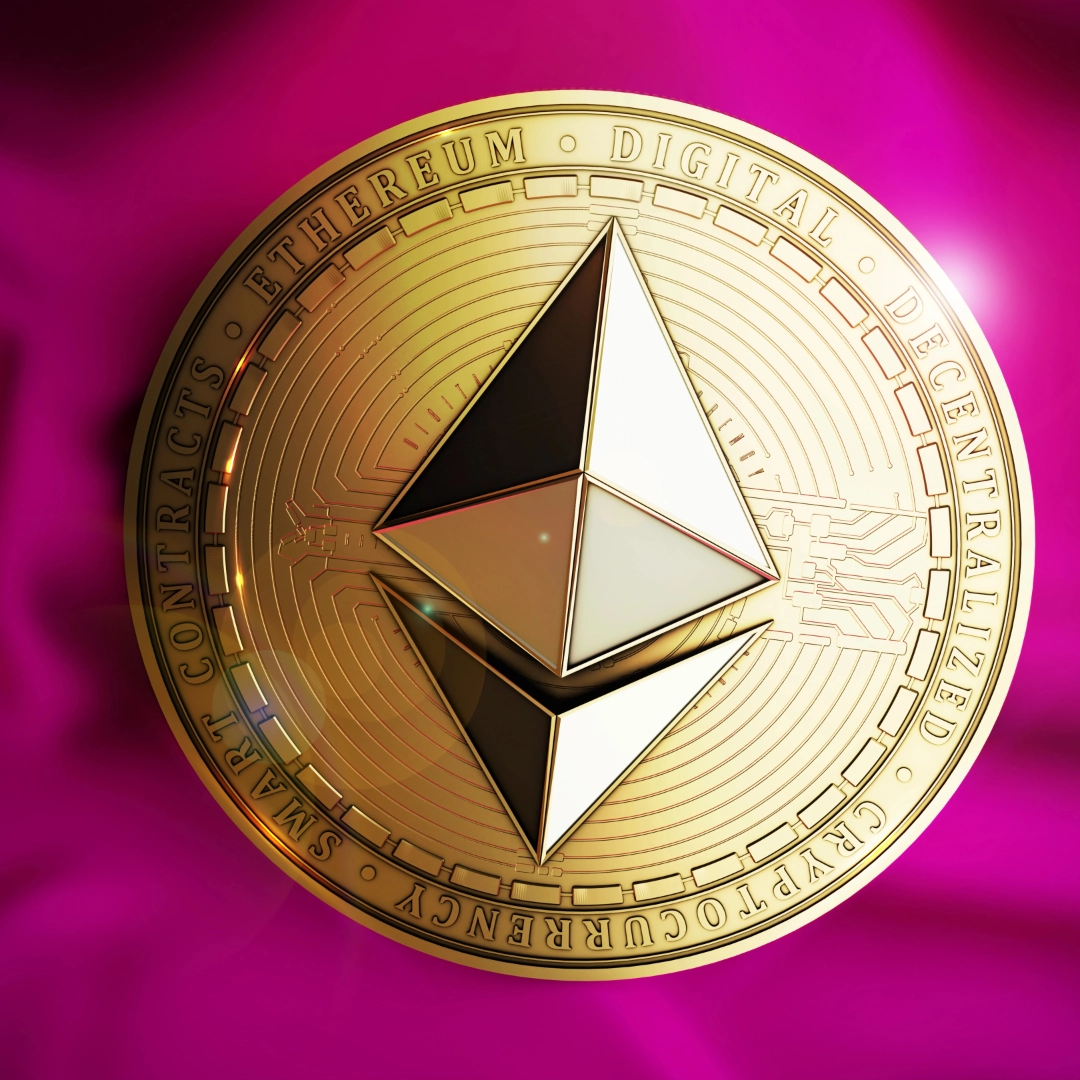The concept of cryptocurrency often evokes thoughts of Bitcoin, Ethereum, and other digital assets being traded on exchanges. But blockchain, the technology that powers crypto, offers applications far beyond currency. At Mika Software, we recently had the opportunity to work on a project that highlights how crypto and blockchain can revolutionize industries in unexpected ways. In this blog post, we’ll explore the versatility of blockchain, focusing on how we used the Ethereum blockchain as a customer reward system and transaction validation tool.
The Foundation: What Makes Blockchain Unique
Blockchain is a decentralized, immutable ledger. Its ability to securely and transparently record transactions makes it ideal for financial applications, but these characteristics also open doors to numerous other use cases. The key features that make blockchain so versatile include:
- Decentralization: No single entity controls the data, reducing the risk of manipulation or fraud.
- Transparency: All transactions are visible to participants, increasing trust.
- Immutability: Data on the blockchain cannot be altered, ensuring the integrity of records.
These features make blockchain a powerful tool for applications requiring trust, transparency, and accountability.
Going Beyond Currency: Blockchain for Customer Rewards
In our recent project, we leveraged the Ethereum blockchain to create a customer reward system. Traditional reward systems often rely on centralized databases, which can be prone to data breaches, manipulation, or errors. Blockchain, however, offers a secure and decentralized alternative.
How It Works
- Reward Tokenization: Customers earn tokens, which are stored on the blockchain, for specific actions such as purchases or referrals.
- Transparency and Trust: The blockchain ledger ensures that reward balances are accurate and can be verified by users in real-time.
- Redeemable Value: Tokens can be exchanged for discounts, products, or even converted into other digital assets, depending on the system’s design.
By using blockchain, we eliminated common pain points like discrepancies in reward balances or delayed redemptions, ensuring a seamless and trust-driven experience.
Blockchain for Transaction Validity
Another innovative application in our project was using blockchain to track and validate transactions. Traditionally, transaction records can be scattered across multiple systems, creating opportunities for fraud or errors. With blockchain, every transaction is recorded immutably, creating a single source of truth.
Benefits of Blockchain-Based Transaction Tracking
- Fraud Prevention: Immutable records ensure that transactions cannot be tampered with.
- Auditability: Organizations can easily trace the history of any transaction, simplifying compliance and audits.
- Real-Time Validation: Smart contracts automatically enforce rules, validating transactions instantly without human intervention.
For example, in our project, smart contracts were programmed to verify that a customer met the criteria for rewards before issuing tokens. This automation reduced errors and improved efficiency.
Expanding Use Cases: Blockchain in Everyday Applications
Our project is just one example of how blockchain can be used beyond cryptocurrency. Other industries are also harnessing the power of blockchain to innovate:
- Supply Chain Management: Blockchain ensures transparency in the movement of goods, tracking each step from production to delivery.
- Healthcare: Patient records can be securely shared across providers while maintaining privacy.
- Real Estate: Blockchain streamlines property transactions by eliminating intermediaries and reducing paperwork.
- Gaming: In-game assets can be tokenized and traded securely on the blockchain.
These applications demonstrate that blockchain’s potential is only limited by creativity and imagination.
The Role of Ethereum in Blockchain Innovation
Ethereum has been a game-changer in the blockchain world due to its ability to support smart contracts. Unlike Bitcoin, which focuses primarily on monetary transactions, Ethereum enables developers to create decentralized applications (dApps) with customized rules and functionality.
Why Ethereum?
- Smart Contracts: These self-executing contracts automate processes, ensuring transparency and efficiency.
- Large Ecosystem: Ethereum has a robust developer community and a wide range of tools for building dApps.
- Interoperability: Ethereum tokens and smart contracts can easily integrate with other systems, expanding their use cases.
Our choice of Ethereum for the customer reward system and transaction validation was driven by its flexibility and developer-friendly ecosystem.
Challenges and Lessons Learned
While blockchain offers significant advantages, it’s not without challenges. During our project, we encountered some hurdles, including:
- Scalability: Ethereum’s network can become congested, leading to slower transactions and higher fees.
- User Education: Many customers are unfamiliar with blockchain, requiring us to design an intuitive user interface that abstracts the complexities.
- Integration: Integrating blockchain with existing systems demanded careful planning and execution to ensure compatibility.
Despite these challenges, the benefits far outweighed the difficulties. The project highlighted the importance of focusing on user experience when introducing blockchain-based solutions.
Why Blockchain Matters for Businesses
As businesses look to innovate and differentiate themselves, blockchain offers a unique opportunity to build trust and efficiency into their operations. From loyalty programs to secure transaction tracking, blockchain can enhance customer experience and operational transparency.
At Mika Software, we’re excited about the possibilities that blockchain brings. By combining our expertise in Golang, MongoDB, and blockchain technologies, we’re helping businesses unlock new opportunities and stay ahead in a competitive landscape.
Conclusion
Blockchain is more than just a foundation for cryptocurrency. Its potential to transform industries is immense, as demonstrated by our recent Ethereum-based project for customer rewards and transaction validation. As businesses and developers continue to explore blockchain’s capabilities, we’ll see even more innovative applications emerge.
Whether you’re exploring blockchain for rewards systems, supply chains, or other use cases, Mika Software is here to help. Let’s build the future together.

